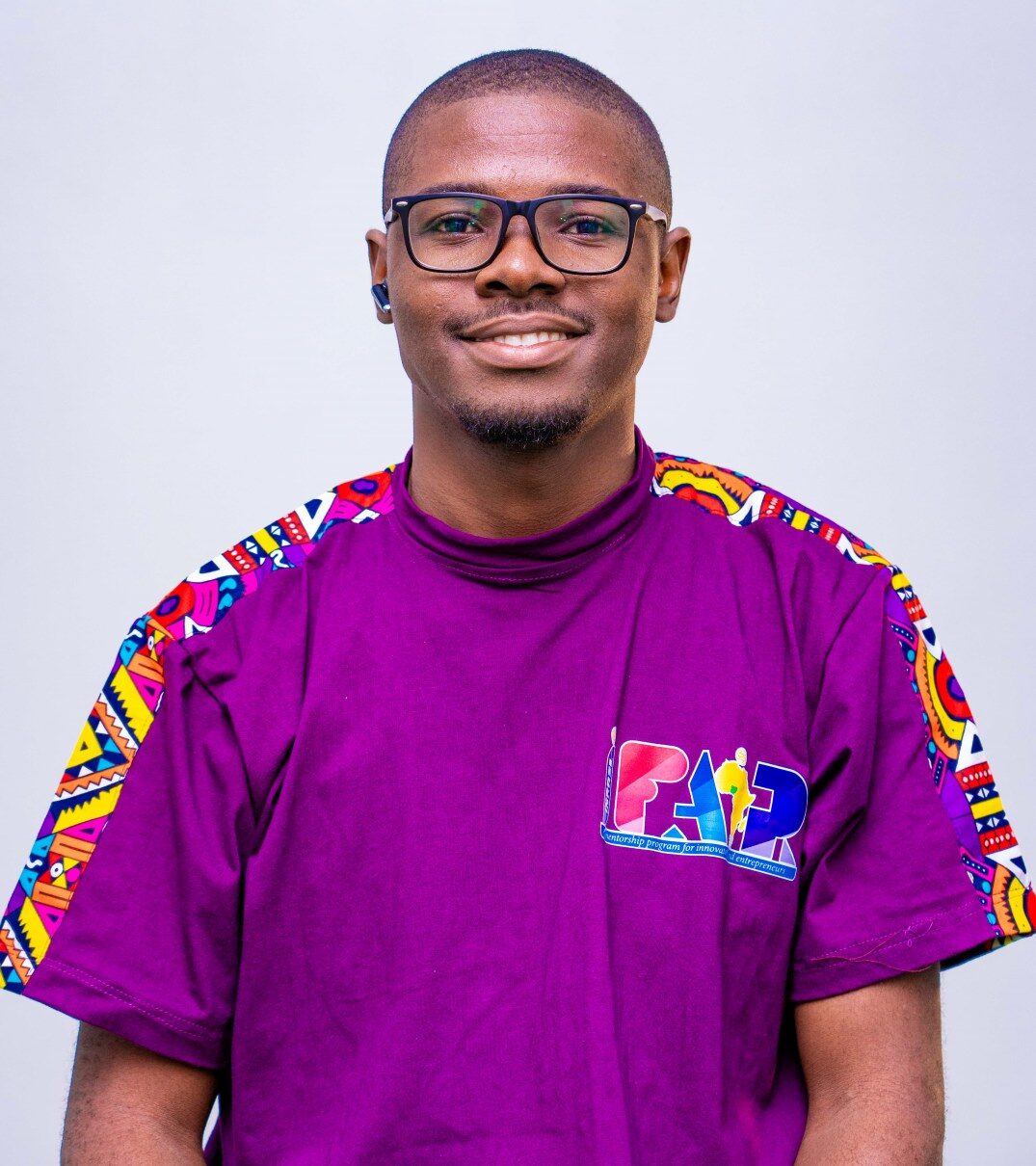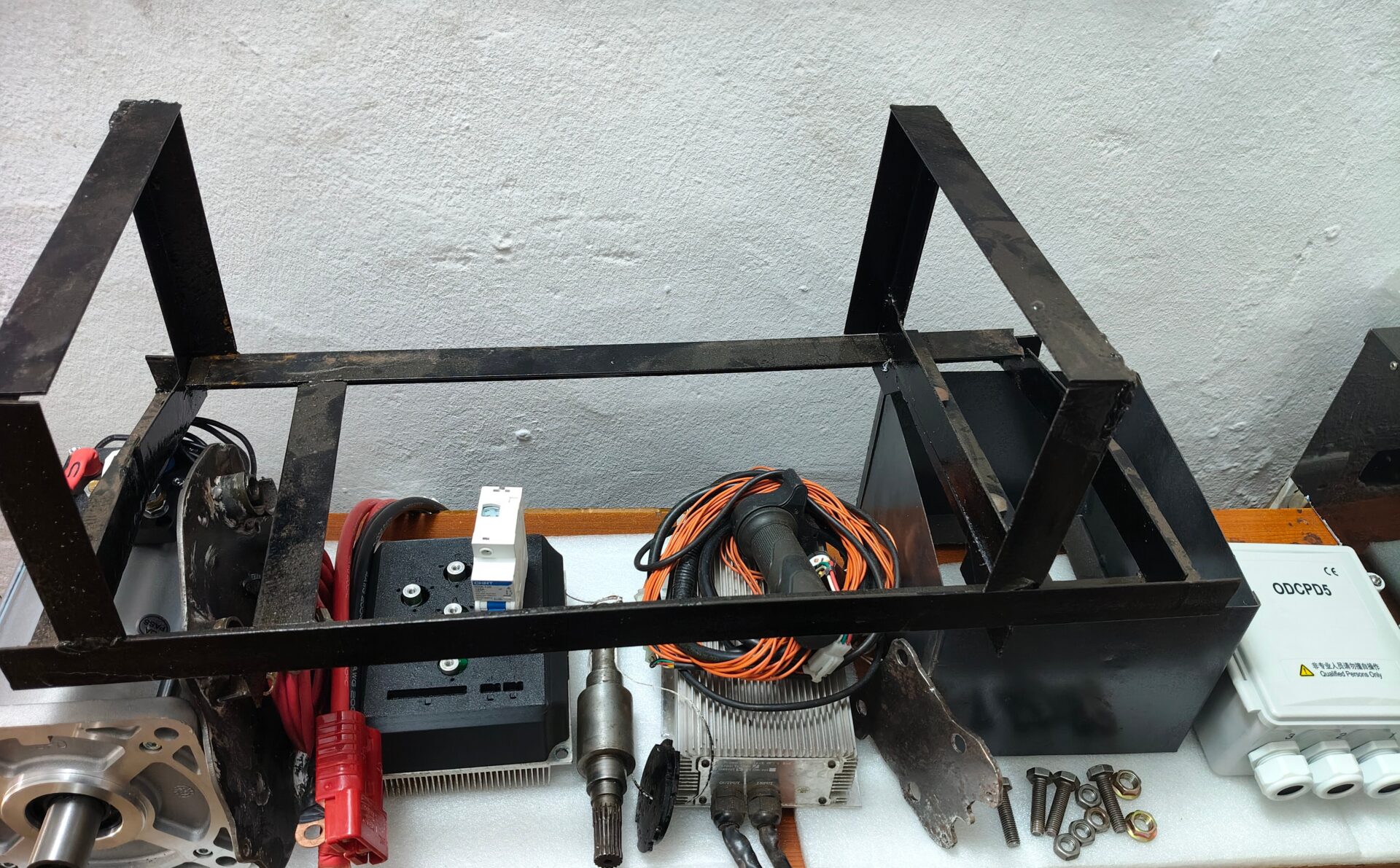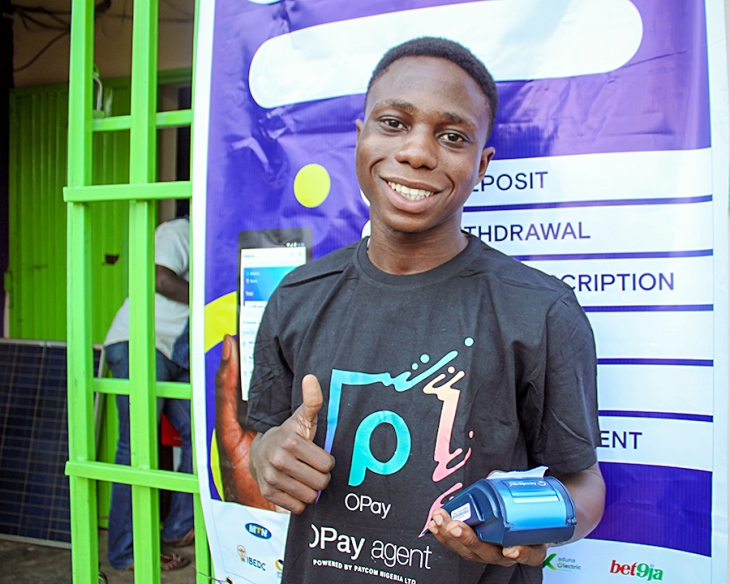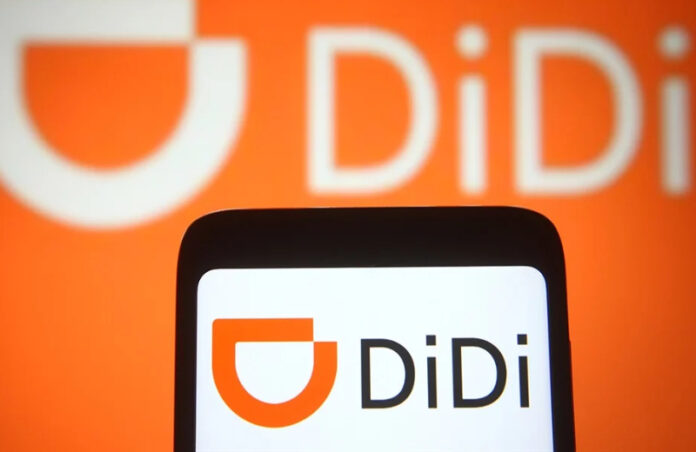Reviving Mobility: How Revive Earth Is Driving the Future of Electric Vehicle In Africa

From tinkering with electric circuits as a child to working on the iconic Lion Ozumba 551 electric vehicle project at the University of Nigeria, Nsukka, Chukwuemeka Eze has always been driven by curiosity and innovation. His journey into electric mobility has now given birth to Revive Earth, a startup that is reimagining how Africa can embrace sustainable transport.
In this exclusive conversation with Techtrends Africa, Chukwuemeka Eze shares how Revive Earth is tackling transport inefficiencies, creating opportunities for drivers, and shaping Africa’s clean energy future.
From Curiosity to Revive Earth – What Inspired You to Pursue This Idea?
Chukwuemeka Eze: I’ve always been passionate about engineering, starting from my curiosity about everything ingenious at a very early age, to my curiosity about God’s creation and especially the complex engineering of the human body systems. I always wanted to be an engineer myself, even before I knew exactly what that entailed. If you knew me as I grew from childhood, I wouldn’t need to tell you that I loved getting hands-on, fixing things and contributing to making things move.
I was a quiet boy, but I couldn’t be quiet when there was something to be done, especially if that thing had something to do with electric circuits. While in the University, still possessing the curiosity about how stuff worked, I discovered an even deeper attachment to machines and hardware. It was as though I was attracted to the things I found most challenging. I naturally gravitated towards embedded systems engineering and was inspired by the works of Tesla Motors in 2016.
From then on, I never stopped learning and digging deeper into the world of electric vehicles. This passion attracted me to the electric vehicle project on the campus of the University of Nigeria, Nsukka, in 2018, which was later nicknamed the Lion Ozumba 551. After the project in 2019 and the attention it received, I discovered the need and opportunity for an electric vehicle systems supply chain.
Initially, I envisioned building a factory for ground-up manufacturing of EVs. But after seeking advice from experienced industrialists, I realized it would be more sustainable and fundable to start with conversions of existing petrol-powered vehicles. That was how Revive Earth was born. Today, we’ve developed the Revive Kit and are building a community of EV stakeholders, from manufacturers to transport providers and energy developers.

What Key Problem Are You With Revive Earth and for Whom?
Commercial drivers, transport, and logistics businesses rely 100% on petrol or diesel to keep moving. This pushes their operational costs up to over 40% of their annual income. For the 70% of commercial drivers who operate on hire-purchase agreements while also servicing debt, it’s even worse. On average, they make NGN 25,000 daily but only take home about NGN 5,200 if they are very prudent. That’s the real pain point we’re tackling.
How Does the Revive Kit Works
The Revive Kit is a set of electrical and mechanical components needed to convert a petrol-powered vehicle into a battery-powered electric vehicle. It’s locally relevant in that it allows a simple conversion process where the existing transmission is not removed but adapted to the new electric systems.
We now have unique kits for motorbikes, tricycles, and minibuses. The conversion process is simple and scalable, allowing a technician, trained in under two weeks, to convert a vehicle in under five hours.
What’s Been Your Biggest Challenge Building a Tech/Innovative Company in Nigeria?
The biggest challenge has been a lack of adequate funding at the very early stage. No one wants to take that risk, and even government establishments don’t have provisions to support such homegrown initiatives. We’ve had to struggle and rely on foreign grants to demonstrate our vision and milestones.
How Is Revive Earth Making a Real Difference for Users?
From our pilot, we’ve seen that drivers who work with us or use our vehicles take home at least an additional NGN 5,000 daily. Beyond income, they also enjoy healthier driving experiences while contributing positively to net-zero.
For transport businesses, our solutions provide more automated fleet management systems with real-time data logging and profiling using AI. Maintenance is also far less of a burden since EVs have limited moving parts and reduced maintenance frequency.
What Are Your Upcoming Goals or Focus Areas?
Our immediate goal is to convert 1,000 tricycles within the next year. We’re leveraging our growing driver community and tricycle clusters in eastern Nigeria, starting from Enugu and combining this with our battery swapping model, which cuts charging time to just five minutes.
To achieve this, we’re looking to raise debt or convertible debt from the Bank of Industry or other credit facilities and investors. Longer term, we’ll scale through a franchise model, distributing Revive Kits via trained technicians.
What Trends Do You See Shaping Africa’s EV Over the Next Few Years?
I see improved government interest in local solutions, which will drive customs policies, R&D support, and training. We may also see governments sponsoring talented students abroad to gain critical EV skills, and more genuine initiatives focused on building smart cities with homegrown solutions.
What Advice Would You Give to Upcoming Founders in Africa?
You need to be selfless to win. Think ahead, not just in time. Start with what you have, don’t wait for the perfect plan or stack of resources. Demonstrate real market need, because in Africa, you’ll rarely get funding for something that sounds experimental.
Convince yourself first, then others. Don’t lie to yourself, face the problem, and if you have a chance to solve it, take it boldly. Think of the business model as much as the product; it’s the market that will shape what your service becomes. Africa needs founders who are bold enough to believe in African solutions to African problems.
How Can Our Readers Support or Connect With You?
We welcome partnerships in franchising, battery swapping stations, or fleet conversions. Spread the word, recommend our kits to transport operators, or connect us with investors interested in convertible debt.
You can reach us via email at [email protected] or call +2349072265563. Follow us on LinkedIn and Facebook for updates.
Editor’s Note
This interview is part of our “African Startup Spotlight” series, where we bring you conversations with founders who are shaping the continent’s innovation landscape. If you’d like to be featured or recommend a startup, reach out to us at [email protected].







